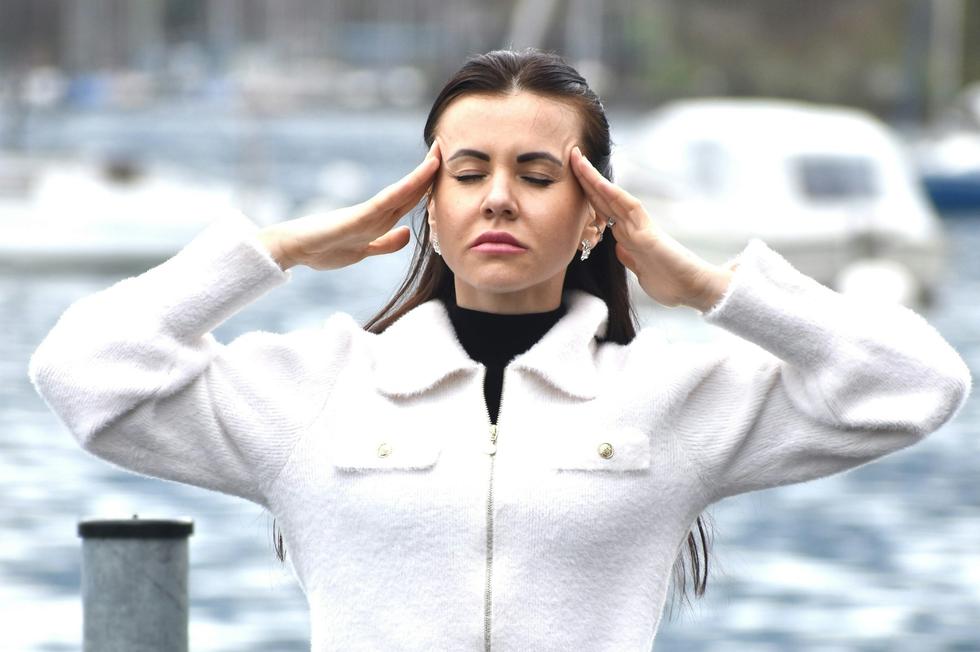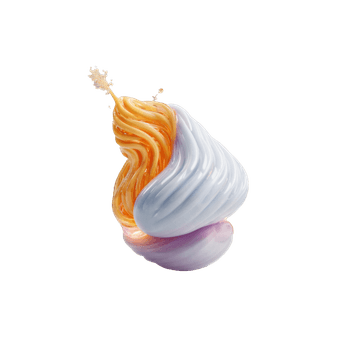Quick version
Headaches are a common and often overlooked symptom of menopause. In fact, women are more likely than men to suffer from headaches or even migraines. This is usually due to hormonal fluctuations, especially declining and fluctuating estrogen levels. For many women, this can mean an increase in migraines or tension headaches, especially during perimenopause.
To best prevent and treat the symptoms of premenopause or menopause, it is important to understand the relationship between symptoms and hormones.
Hormones in flux – a common cause of headaches
What happens during menopause, especially during the transition phase called perimenopause, is that levels of estrogen and progesterone begin to fluctuate. These hormones affect, among other things, the nervous system, blood vessels, and the brain’s pain regulation. Tension headaches and migraines can be triggered by hormone levels going up and down.
Many women report that their migraines get worse during perimenopause. After menopause (when menstruation has completely stopped), some people find that migraines actually decrease in intensity and frequency – this indicates that hormonal fluctuations rather than a lack of estrogen are to blame.
Symptoms of menopause-related headaches
Headaches associated with menopause can take on different forms:
- Migraine-like attacks with throbbing pain, often on one side of the head
- Tension headaches with pressure over the forehead or back of the head
- Increased sensitivity to light and sound
- Nausea during more severe attacks
It is also common to experience sleep disturbances, fatigue, hot flashes and mood swings during menopause. Given these factors, headaches can worsen further and together all these troublesome symptoms form a vicious cycle.
What does the research say?
There are several studies that have confirmed the link between hormonal changes and migraines. Some points that research has shown are that:
- Migraines are more common in women than men, especially in childbearing age – which suggests that hormones play a major role.
- Oestrogen fluctuations are a known trigger for migraines in many women.
- Women in perimenopause report migraines with aura more often than postmenopausal women.
Suffering from headaches during menopause? Here's how you can relieve the symptoms
In addition to treating headaches with painkillers, there are several other good ways to relieve headaches and also try to prevent them. Of course, the choice of treatment and measure depends on the type of headache and how severe the symptoms are.
Tips for self-care and lifestyle changes to try:
- Keep regular eating and sleeping routines
- Avoid known triggers such as alcohol, caffeine or bright light
- Try relaxation techniques such as yoga, meditation or deep breathing
- Exercise regularly - exercise can reduce both stress and hormonal imbalance
Medical treatment:
Over-the-counter medicines such as ibuprofen or paracetamol can help with mild headaches, and migraine attacks can be treated with preparations containing triptans.
In addition to these methods, some women may also find that hormone replacement therapy (HRT) helps, but this should always be discussed with a doctor first.
Other methods that can used for preventive purposes in the case of frequent migraines are preventive medications such as beta-blockers or antiepileptic drugs.
Before starting any treatment, it is important to get a correct diagnosis from a doctor. Not all headaches that occur during menopause are the result of hormonal fluctuations. In some cases, there may be other underlying causes that you should focus on addressing instead.
When should you seek medical attention?
You should contact a doctor if:
- You get new or changed types of headaches
- The headaches regularly interfere with your daily life
- The pain is not relieved by over-the-counter medications
- You also experience other unusual symptoms (e.g. blurred vision, confusion, numbness)

























